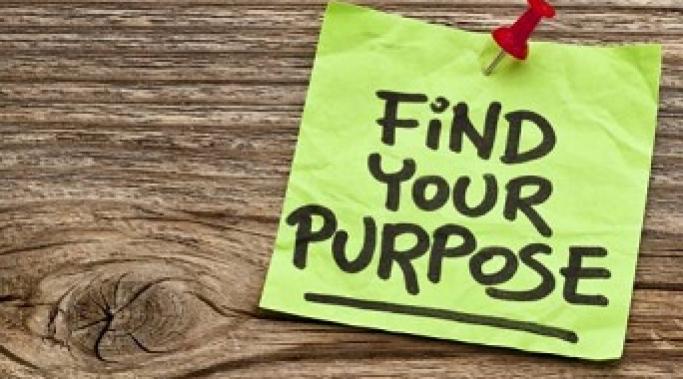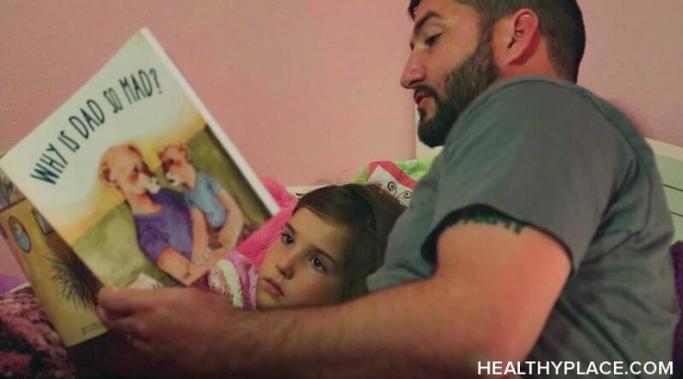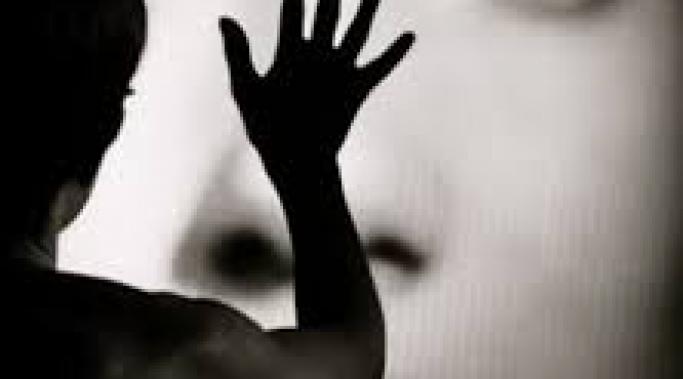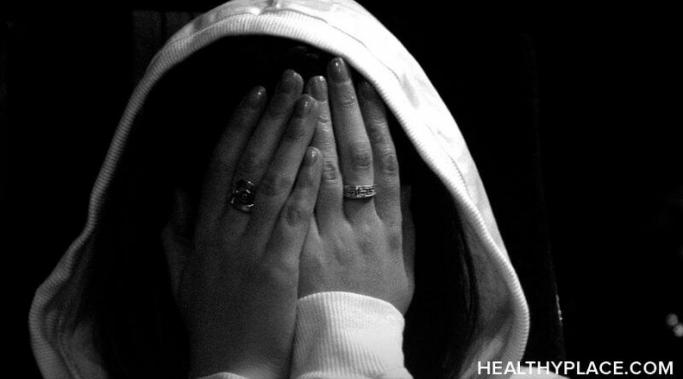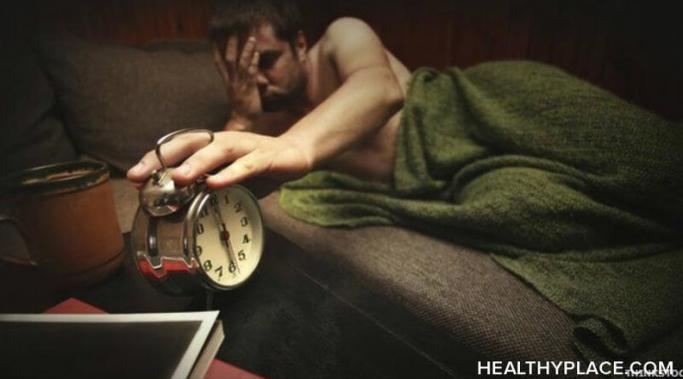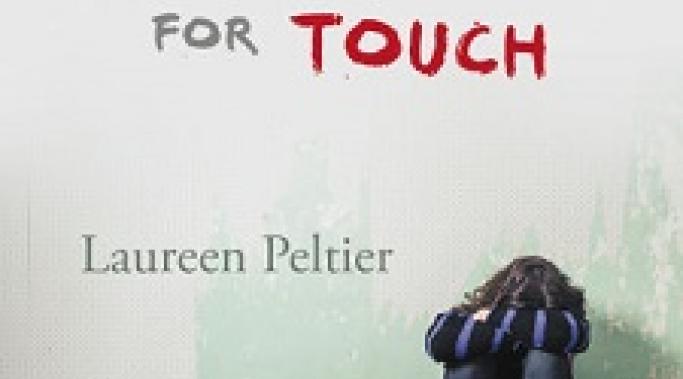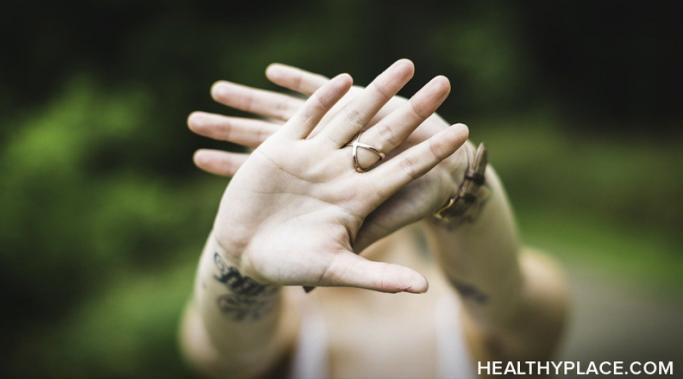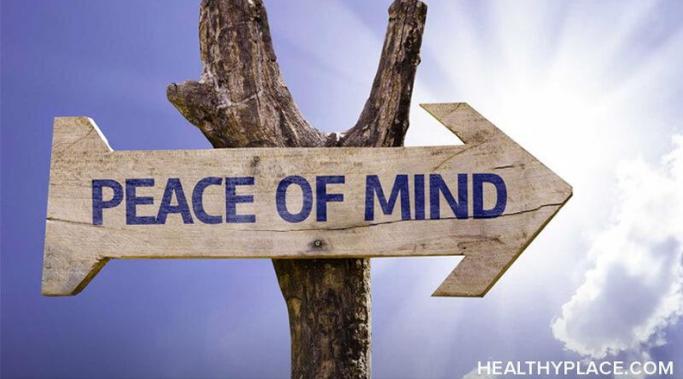It's natural to ask, "Why me?" about your trauma and posttraumatic stress disorder (PTSD) but I have found purpose in my PTSD. I have found that when you are able to discover real meaning and purpose in the trauma that have happened to you, not only does it provide you with some peace of mind and a sense of accomplishment, but also helps with managing PTSD symptoms. Here are tips on finding purpose in your PTSD.
Trauma! A PTSD Blog
Posttraumatic stress disorder (PTSD) doesn't only affect the trauma survivor, it affects the whole family--including the children (Can Combat PTSD Get Transmitted to Children From Their Parents?). As a parent with PTSD, I think that it's easy to get caught up in what having it feels like for me, and it's easy to forget that it's also affecting those around me, including my husband and my stepson. My husband also has PTSD, so it's fairly easy for him to deal with my PTSD symptoms because he has them too. But before I started this post, I really stopped and thought about how it is for my stepson and other children who have parents with PTSD.
As someone who has posttraumatic stress disorder (PTSD), I am often on the lookout for alternative therapies for my PTSD recovery. I recently started reading up on the complementary and alternative medicine (CAM) therapies that are suggested for PTSD (Alternative Approaches to Mental Health Treatment). Even though I will not abandon the conventional PTSD therapies that are currently working for me (psychiatric care and medication), I think that using alternative therapies as additions to my treatment can be beneficial in my PTSD recovery.
Dissociation due to posttraumatic stress disorder (PTSD) is just one of the symptoms that many of us who have PTSD have to cope with, but it can be a disruptive one. Most people who have survived trauma dissociate to some extent; it's one way that the brain protects us from dealing with frightening events. For some of us, dissociation might be a mild sort of "spacing out" when triggered, but for others, it can be a truly unsettling feeling that is difficult to deal with.
Complex PTSD (posttraumatic stress disorder) results from experiencing prolonged trauma, over which the person has little or no control, and from which escape seems hopeless. Many times, complex PTSD affects those who suffered ongoing physical, emotional, or sexual abuse during childhood and victims of long-term domestic violence.
I don't know how many times I have asked myself about fatigue and posttraumatic stress disorder (PTSD) since being diagnosed. There are times I feel extremely exhausted when I haven't done anything to cause it. Naps during the day have gone from being a luxury to being a necessity at times. Feeling this way isn't unusual for someone with PTSD; there are both psychological and physical factors that cause us to feel so tired. Fortunately, I have found some things that help me to deal with the PTSD and fatigue and still be productive.
The effects of childhood sexual abuse can be felt for a long time after childhood is over, even a lifetime, if left untreated. I have found that to be true for me, as well as many others I know who have posttraumatic stress disorder (PTSD) resulting from childhood sexual abuse. I recently read a book called, Hungry for Touch, A Journey from Fear to Desire, by Laureen Peltier that is an excellent example of how childhood trauma can cause PTSD symptoms much later in life. The book also shows how perseverance in treatment can bring healing from the long-term effects of childhood sexual abuse.
There is no doubt that it's often hard to recognize the progress in posttraumatic stress disorder (PTSD) recovery. The symptoms of PTSD can be overwhelming and seem to be never-ending. Many times, in my own PTSD recovery, I feel like it's one step forward, two steps back -- and my focus is usually on the two steps back. But when I actually choose to look at the one step forward instead, I find that I am making progress, and that recognizing progress in PTSD recovery is important.
Coping with feeling overwhelmed while in recovery from posttraumatic stress disorder (PTSD) can be challenging. I know when I become overwhelmed with anything--emotional, physical, or mental--I am likely to just want to shut down and avoid life. My anxiety kicks in and it feels like everything is out of control, moving too fast, and I become irritable, whiny, and tired. Sometimes when that happens, I absolutely need a full-stop (a nap or a good night's sleep) to recharge and feel better. But more often, I'm able to use coping skills that I have learned in PTSD recovery to deal with feeling overwhelmed (What's Your PTSD Recovery Program?).
It is the age of the smartphone, and there is a mobile app for everything--including mental health recovery apps. You can find applications designed to help with everything from depression and anxiety to posttraumatic stress disorder (PTSD), addiction recovery, eating disorders and self-esteem. Some offer interaction with others in recovery, some provide feedback and advice based on the information each individual records, and some simply give users techniques for reducing anxiety and encouraging gratitude and optimism. No app is meant to take the place of face-to-face treatment, but I have found these mental health recovery apps you should try can be a useful addition to my mental health recovery.
